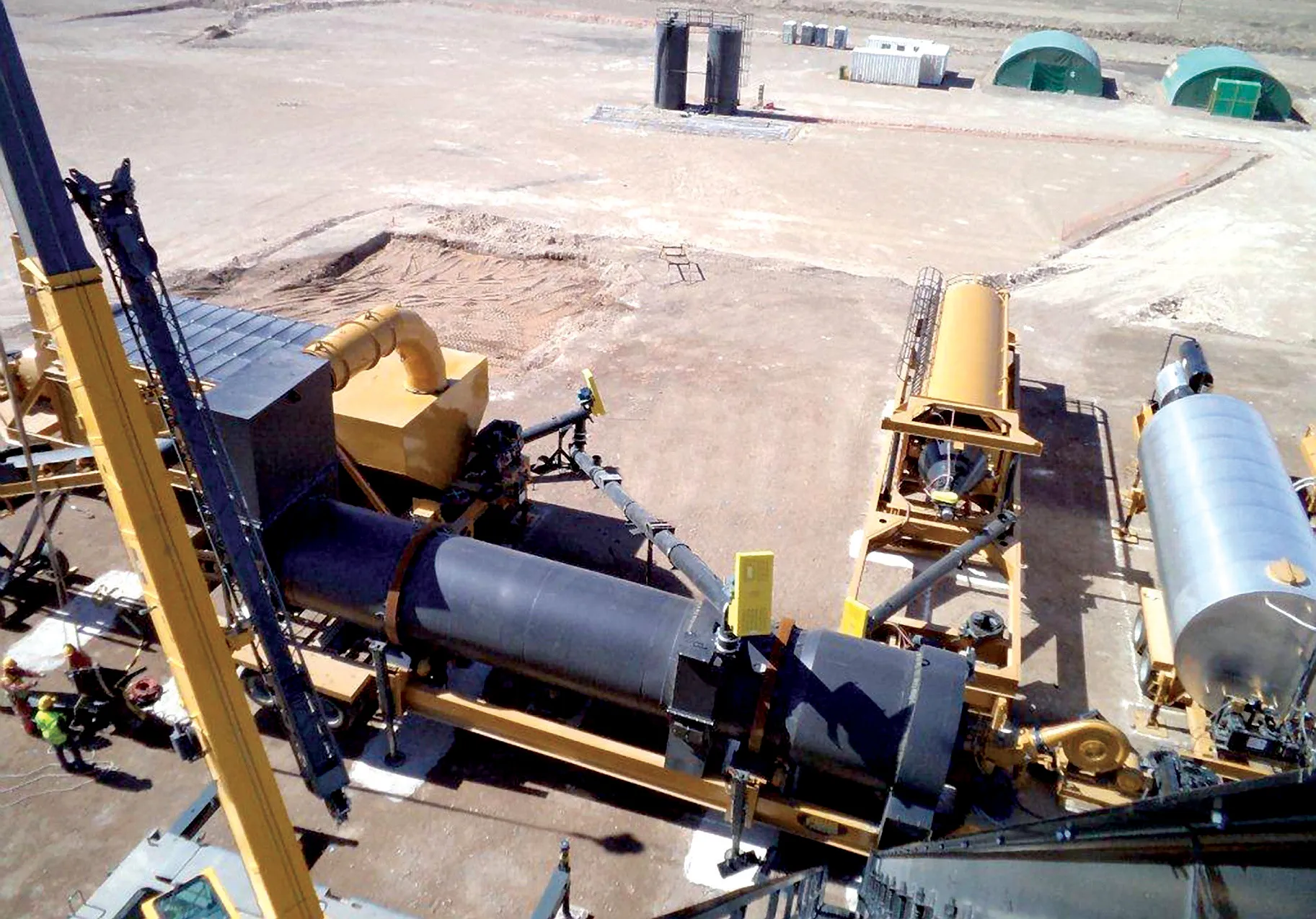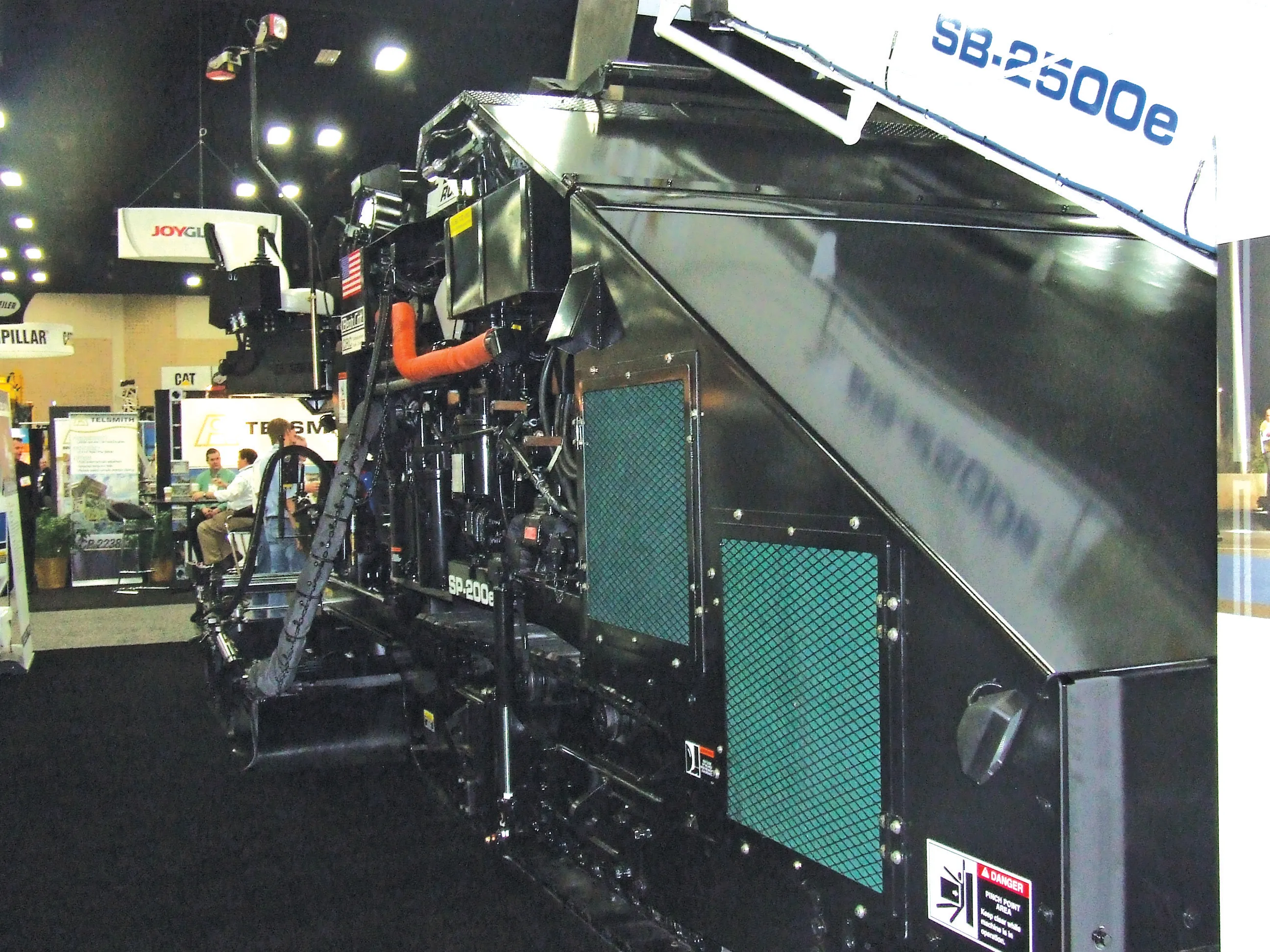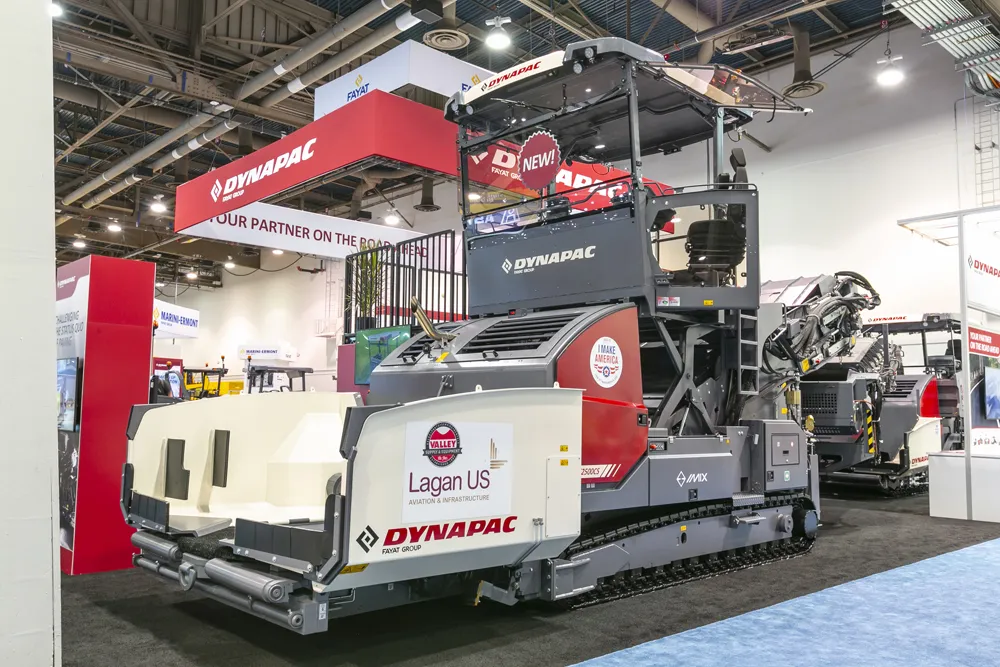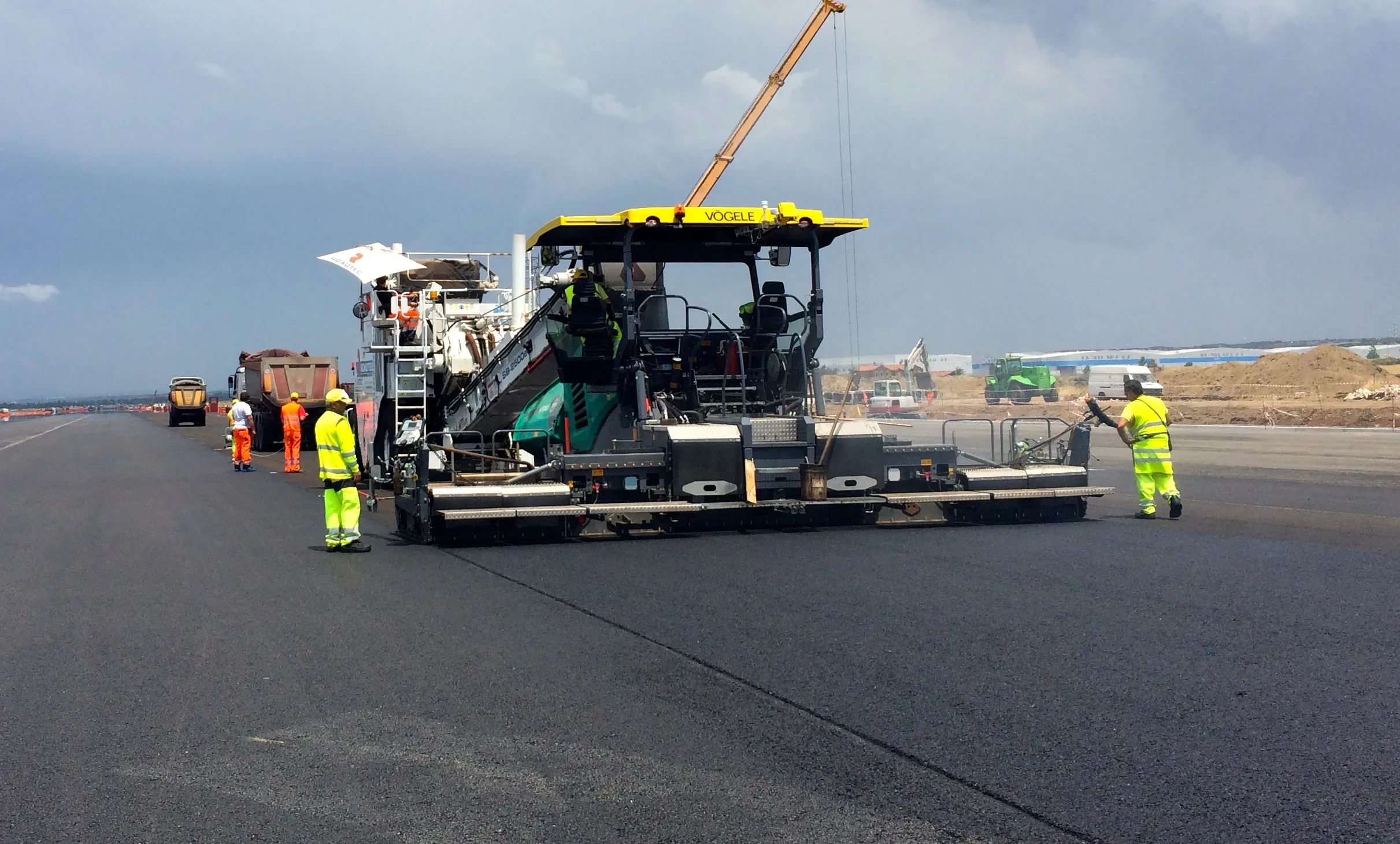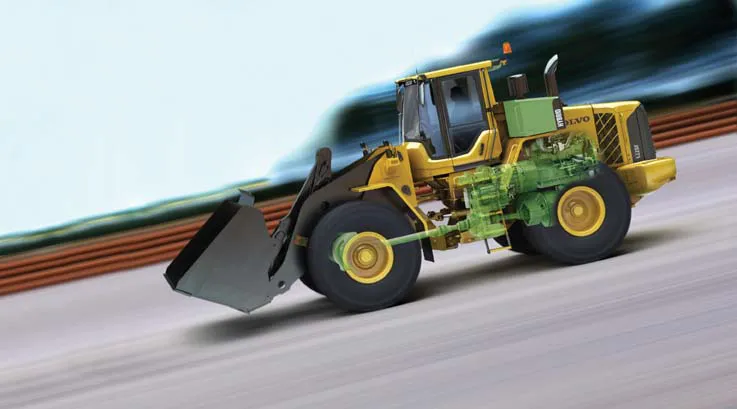
Several key highway construction innovations will be unveiled at the Intermat show
Road construction technology will form a major part of theThe latest asphalt plant systems from firms such as Ammann,
Six engineers behind the technology used in Volvo's L220F Hybrid wheel loader have received the Volvo 2009 Technology Award.
The prize was presented for the team's development of what Volvo says is the world's first commercially viable hybrid solution for heavy vehicles. A prototype L220F Hybrid wheel loader will be on show at Intermat.
The team was behind the development of I-SAM (the Integrated Starter Alternator Motor), a combined starter, generator and drive motor.
Volvo says that when used as part of a parallel diesel-electric hybrid system it has the potential to reduce fuel consumption in wheel loaders by up to 50%, and up to 20% in trucks. This not only reduces fuel costs but also provides significant environmental benefits through lower emissions of carbon dioxide. The quiet and emission-free electric drive also improves environment conditions in the vehicle's surroundings.
The engineers, Anders Kroon, Jerker Lennevi, Joakim Lindström, Lars Carlhammar, Peter Jönsson and Christer Ehn, from different parts of the Volvo Group took part in the development of the I-SAM, and were represented at the prize ceremony at the Volvo Group's annual meeting in Sweden.pavement (RAP) in the mix as well as to deliver better quality product. Meanwhile the development of advanced warm mix technologies allow asphalt producers to reduce emissions and fuel consumption while supplying materials that allow increased time for transport and use.
The latest compaction machines can compact asphalt more homogeneously, with new measurement and documentation capabilities due to the use of GPS receivers. The systems can record the number of passes and determine the mat temperature over an area of asphalt being compacted. These use the information to produce a priority map with colour codes that show the roller operator where to drive the machine. This allows for better compaction results even at the edges of an asphalt area. Various systems are being offered by leading compaction equipment firms such as
Should the surface layer need to be removed, several new milling machines are being introduced. BOMAG and Volvo will both unveil new milling machine lines that offer higher comfort and higher performance than before. Vibration damped platforms and improved cutter and cutter drum designs ensure higher accuracy and productivity, while allowing the operator a more comfortable working environment. Better visibility of the cutting area allows accuracy to be further increased while improved maintenance access reduces downtime.
Using the latest cold milling technologies alongside a milling machine allows for further cost benefits to the contractor and client. According to Roadtec, payback times for its new cold milling train system will be particularly short and allow in-situ refurbishment of highway pavements cost effectively while providing a long life surface.


